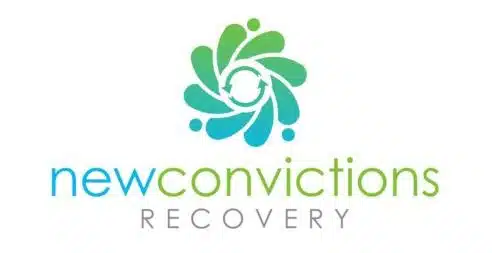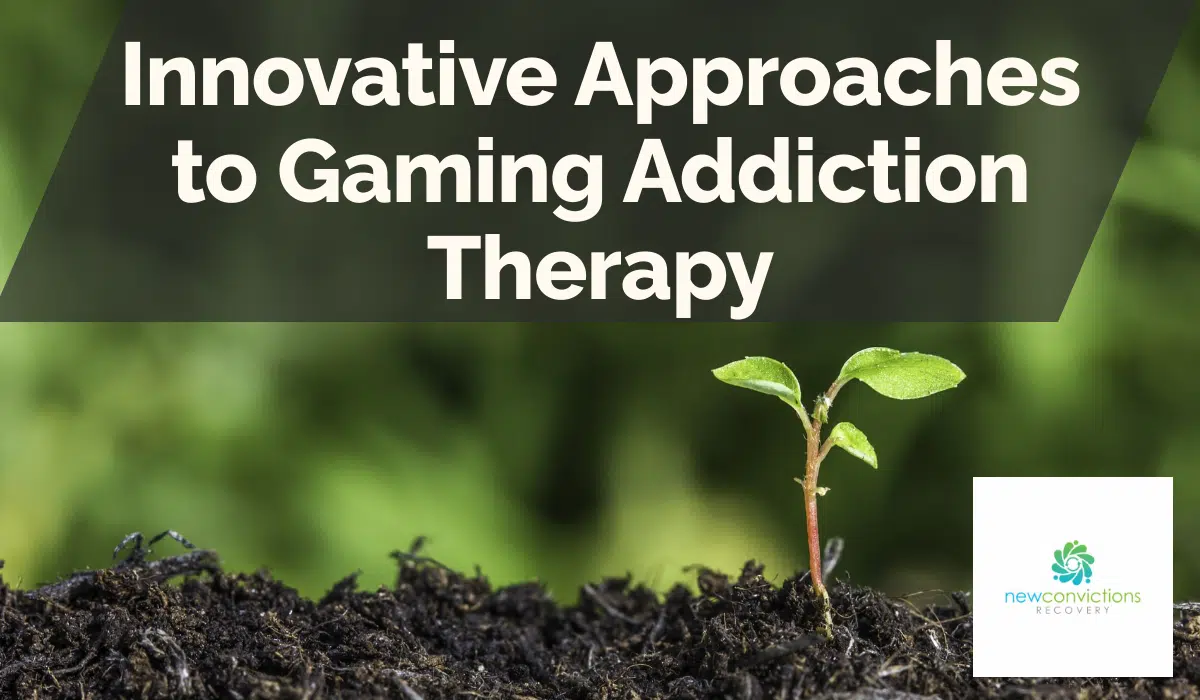In the digital age, innovative approaches to confront emerging challenges are needed. Gaming addiction, officially declared a disorder by the World Health Organization, is one such challenge that has brought about new methods for dealing with it. This article discusses modern and effective therapy methods for gaming addiction considering both individual counseling and family therapy.
The Evolution of Gaming Addiction
Gaming addiction is no longer an under-the-radar issue. It has come to the forefront, drawing attention from psychologists, parents, and educators irked by the harm it inflicts on individuals and families. Life is increasingly becoming intertwined with the digital world, hence the need for innovative solutions to digital problems.
Cognitive-Behavioral Therapy (CBT) for Gaming Addiction
Cognitive-Behavioral Therapy (CBT) has been used with great success in treating addictions of many kinds, including gaming addiction. CBT focuses on challenging and changing cognitive distortions and behaviors, improving emotional regulation and developing personal coping strategies to solve current problems.
Role of Family Therapy in Treating Gaming Addiction
Family therapy plays a significant role in treating gaming addiction. It tackles this addiction from a systemic view, considering the role of family dynamics in possibly triggering addictive behaviors while also offering a familial support system during recovery.
Setting Boundaries
Family therapy includes setting boundaries both online and offline to control gaming time and interactions.
FAQs
- Is gaming addiction a real issue?
Yes, gaming addiction can lead to serious impacts on an individual’s health, academics, and social life. - Is cognitive-behavioral therapy effective for treating gaming addiction?
Yes, cognitive-behavioral therapy has been successful in helping individuals overcome their gaming addiction by helping them understand their gaming habits and developing healthier coping strategies. - How can family therapy help in dealing with gaming addiction?
Family therapy offers a support system for the individual struggling with gaming addiction, encouraging familial accountability and understanding. It also enables families to set effective boundaries around gaming.
Conclusion
The advent of new addictions like gaming addiction calls for innovative solutions. Cognitive-behavioral therapy and family therapy are effective approaches that address the individual and systemic facets of the issue. By harnessing these modern therapies and maintaining an open dialogue about digital problems, we can better navigate the challenges of this digital age.

